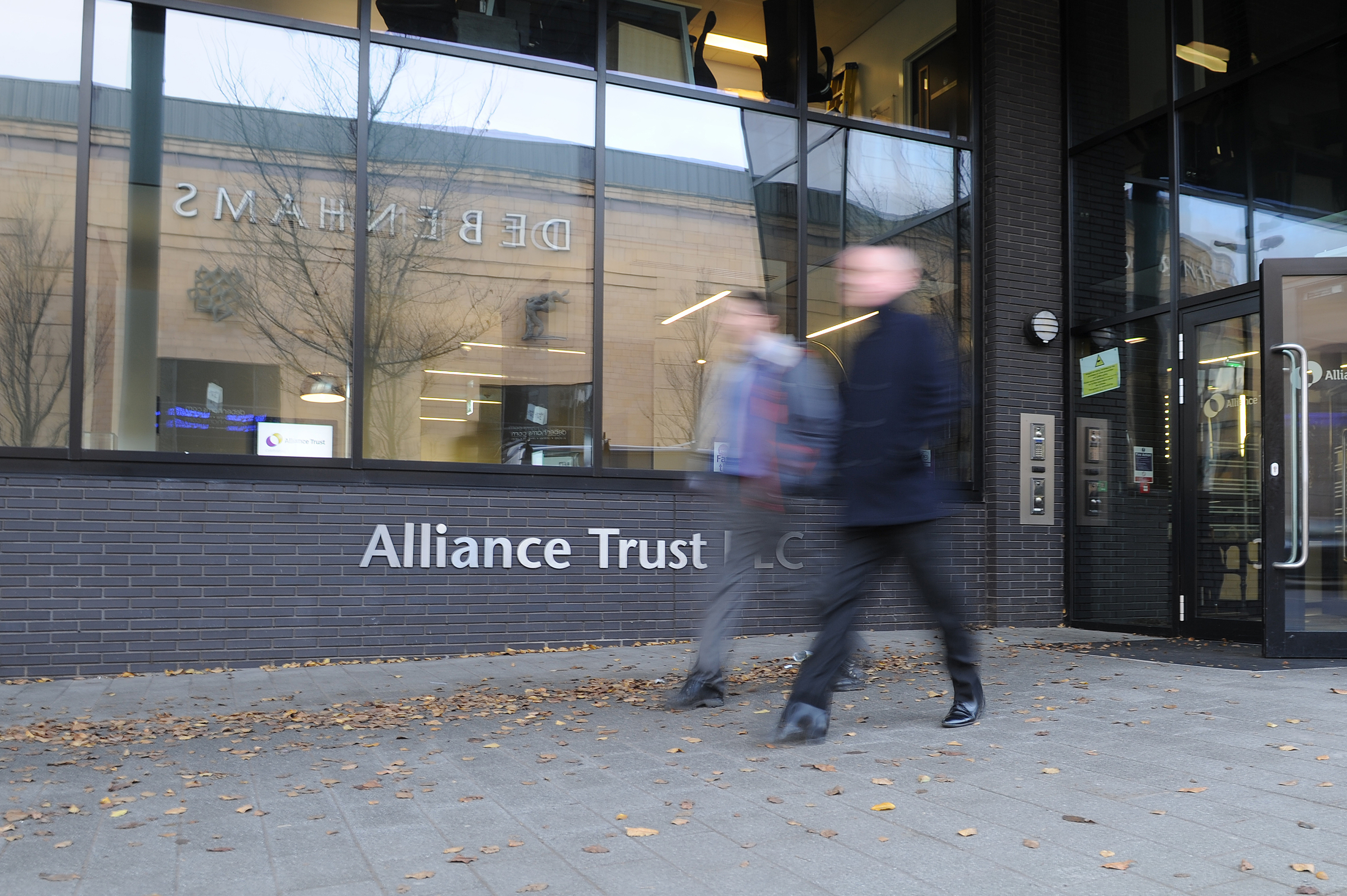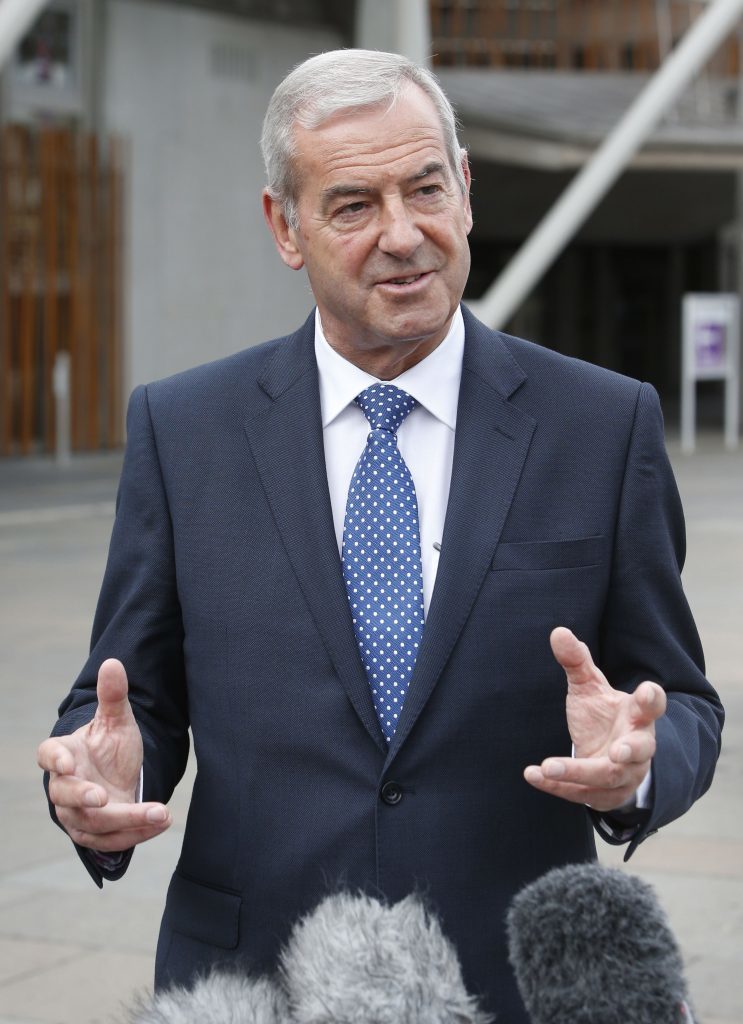Alliance Trust has entered a “new chapter” after shareholders approved an historic switch to an outsourced fund management model and waved goodbye to activist investor Elliot.
Around 100 investors gathered in Edinburgh for a general meeting to approve a board recommended move to adopt a new multi-manager regime overseen by global investment advisor Willis Towers Watson (WTW).
Shareholders also gave their approval to the Dundee-based Trust buying out rebel activist Elliott’s near 20% holding in the company.
The move will cost in the region of £620 million and be completed in a series of transactions in the coming weeks.
It is expected that Elliott – who had representatives at the meeting – will be off the roster by the time the company holds its AGM in Dundee on April 27.
The group first took a position with the Trust before Laxey Partner’s made its aborted bid to force change within the company some years ago.
It continued to grow its shareholding and eventually became the Trust’s largest single shareholder, holding 19.75% at the point of exit.
Elliott itself raised concerns about the Trust’s governance and performance and its profile rocketed ahead of the 2015 general meeting when it put forward proposals for boardroom change.
The Trust – then led by chief executive Katherine Garrett-Cox and chairman Karin Forseke – spent £3 million defending its position, but the battle was ultimately lost and two Elliott nominees were eventually co-opted on to the board.
Within months, the former management team had left and veteran businessman Lord Smith of Kelvin was drafted in as new chairman.
He promised change to investors at the Trust’s 2016 AGM and a consultation was held over several months last year into the future direction of the company.
That led to December’s announcement of the Trust’s intention to work with WTW as part of a new multi-manager model, with improved performance targets of 2% outperformance over its peers.
The move was controversial due to WTW’s involvement at an early stage in the Trust’s consultation process.
The Trust previously stated publicly its belief that there was no conflict of interest in WTW’s proposed appointment – a point Lord Smith was forced to reiterate at the general meeting today when the situation was raised by shareholders.
Around a dozen questions were taken from the floor during the hour-long session at the Edinburgh International Conference Centre, with shareholders also querying how funds will be raised to buy-out Elliott and the likely effect on the company’s discount to net asset value as a result of the changes being made.
Deputy chairman Gregor Stewart sought to alleviate concerns about the Elliott buy back, stating it would result in a “solid and supportive share register” going forward.
He added the wider changes would give the Trust a “fresh start” from which to build.
“The board believes the repurchase is in the best interest of all shareholders and will provide an immediate uplift of approximately 1% continuing shareholders,” Mr Stewart said.
All four resolutions put to shareholders at the meeting – including two special resolutions that required a 75% majority in favour – were duly passed.











